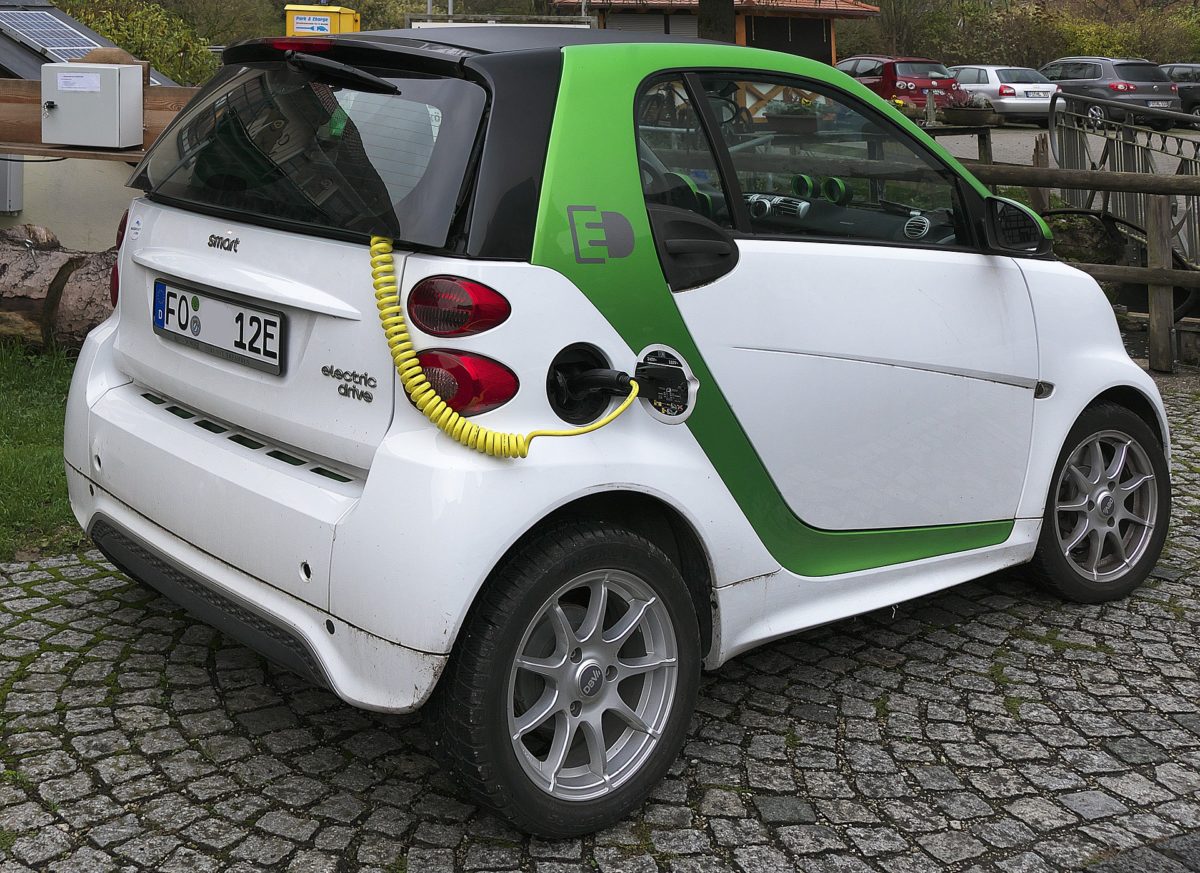A new study by Climate Trends shows that the Indian state of Tamil Nadu could offset 36-38 million tonnes of carbon emissions by converting 5-10% of new vehicle sales (two-, three- and four-wheelers) during 2022-30 to ‘electric’.
The study “Carbon emission savings in Tamil Nadu’s road transport by 2030 through electrification” considers two target scenarios. If 5% of all vehicle sales till 2030 are converted to electric, Tamil Nadu can save 36.53 million tonnes of carbon emissions. As per this target, Tamil Nadu can have close to 3.59 million EVs on the road across two-, three-, and four-wheelers.
If 10% of newly registered vehicles during 2022-30 are converted to electric, Tamil Nadu can save 38.76 million tonnes of carbon emissions. As per this target, Tamil Nadu could have close to 3.86 million EVs on road.
The study shows that if no vehicles are converted to electric, the total new ICE vehicles on the road would emit close to 387 million tonnes of carbon, considering the average number of kilometers covered by them in India in their lifetime.
Tamil Nadu is among the first few states to announce an electric vehicle policy in 2019. It accounts for around 35% of all investments in e-mobility in India.
“While the e-mobility industry is growing well, the sales of electric vehicles could do with a boost,” states the report.
In 2021, Tamil Nadu had the third highest registered EVs in the country, but by August 2022, it slipped to the 6th position, as per Vahan data. As the state aims to release a revised EV policy, the Climate Trends report makes a strong case for why the policy should also focus on increasing the number of EVs on its roads.
“Reducing emissions from transport and making that happen through electrification will play a very significant role in India’s road to net zero emissions. To make this real, action will need to be at the state level,” says Aarti Khosla, Director, Climate Trends. “Tamil Nadu is already a leader in installed renewable energy capacity in the country through progressive policies and schemes. It is also the hub for automobile companies. A targeted approach to transport electrification, through investments, policies and government attention, will have a major contribution towards reduction in carbon emissions for the state.”
This content is protected by copyright and may not be reused. If you want to cooperate with us and would like to reuse some of our content, please contact: editors@pv-magazine.com.









1 comment
By submitting this form you agree to pv magazine using your data for the purposes of publishing your comment.
Your personal data will only be disclosed or otherwise transmitted to third parties for the purposes of spam filtering or if this is necessary for technical maintenance of the website. Any other transfer to third parties will not take place unless this is justified on the basis of applicable data protection regulations or if pv magazine is legally obliged to do so.
You may revoke this consent at any time with effect for the future, in which case your personal data will be deleted immediately. Otherwise, your data will be deleted if pv magazine has processed your request or the purpose of data storage is fulfilled.
Further information on data privacy can be found in our Data Protection Policy.